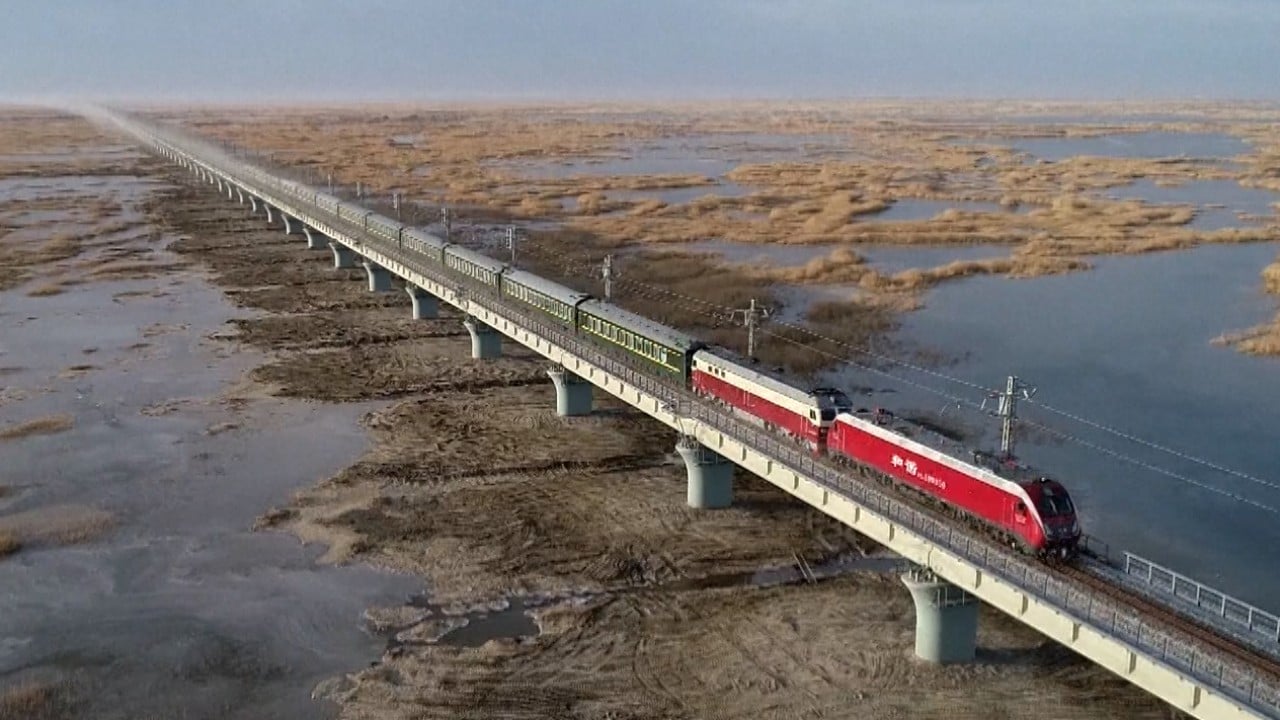China-Nepal rail link may go through protected Himalayan park
- Engineers deliver their expert recommendation and say there may be no other way, but tunnel would be underground
- If approved, the route would include sensitive habitat and environmentalists fear damage

Six routes for the railway have been proposed over the 1,000-km border between the two countries, with Chinese experts divided on which one to choose. The main debate focused on the core protection zone of Mount Qomolangma National Park, home to Everest, the highest mountain in the world.
A consensus has been reached, according to a paper published in domestic journal Railway Standard Design last Wednesday, which said the railway would cross the range through a 30km (18.6 miles) tunnel.
Liang Dong, a lead engineer with the China Railway First Survey and Design Institute Group in Xian, Shaanxi province, said in the paper that more than a third of the tunnel would be inside the national park’s core protection zone, but would be entirely underground.

01:28
China builds over 4,000km of railway in 2020
The Himalaya Tunnel, all on the Chinese side, would be the first through the Himalayan range and connect Rikaze in Tibet with the Nepalese capital Kathmandu, via the border town of Gyirong. The route would be 513km long (318.7 miles) and require an estimated investment of 53.6 billion yuan (US$8.27 billion), according to Liang.
